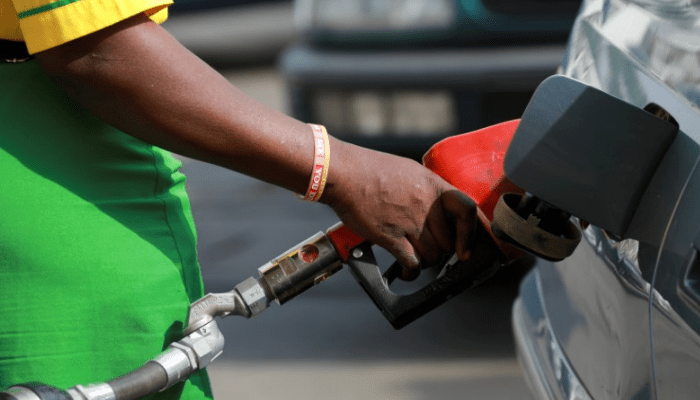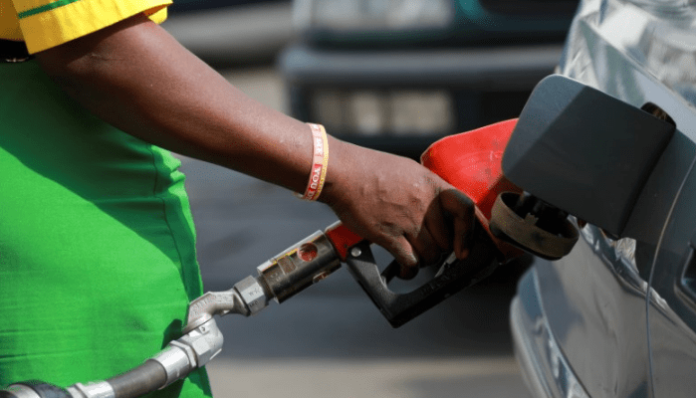
The pump price of petrol has been raised from N905 per litre to N955 at retail outlets owned by the Nigerian National Petroleum Company Limited (NNPC) and private marketers, marking the second increase within a week.
This hike coincides with a severe jump in the price of cooking gas (LPG), creating a double edged sword of financial hardship for households.
The price of cooking gas has soared from N1,000 per kilogram (kg) about two weeks ago to N3,000 this week. Consequently, a 12.5kg cylinder refill that previously cost N12,500 now sells for N37,500 in Abuja, Lagos, and other parts of the country.
NNPC retail outlets adjusted their pump price to N955 per litre on Monday in areas of Abuja, including Gwarimpa, Kubwa Expressway, and Wuse Zones 4 and 6.
The National President of the Petroleum Products Retail Outlets Owners Association of Nigeria (PPROOAN), Billy Gillis-Harry, also confirmed the hike.
Other filling stations in Abuja, such as Ranoil, AA Rano, and Mobil, raised their pump prices to between N920 and N930 per litre. Just last Saturday, MRS filling stations were reportedly dispensing petrol at N851 per litre in parts of the city.
Chinedu Ukadike, Public Relations Officer for the Independent Petroleum Marketers Association of Nigeria (IPMAN), attributed the price increase to supply and logistics challenges faced by major marketers, including NNPC and Dangote Refinery.
Ukadike explained that Dangote Refinery increased its loading price to N845 per litre, up from N825, which led to a retail selling price of between N900 and N955, depending on the location.
The IPMAN spokesperson noted that the limited supply at Dangote is insufficient for marketers, and the supply from NNPCL is restricted only to its own retail outlets. He revealed that many IPMAN members who paid for products from Dangote have yet to load after two weeks.
Ukadike said, “I will say that when people are scrambling for products, it results to hike in price. Some marketers, who paid to buy about three million litres from Dangote, were only given one million litres, as they complained of products being rationed, amongst marketers.”



